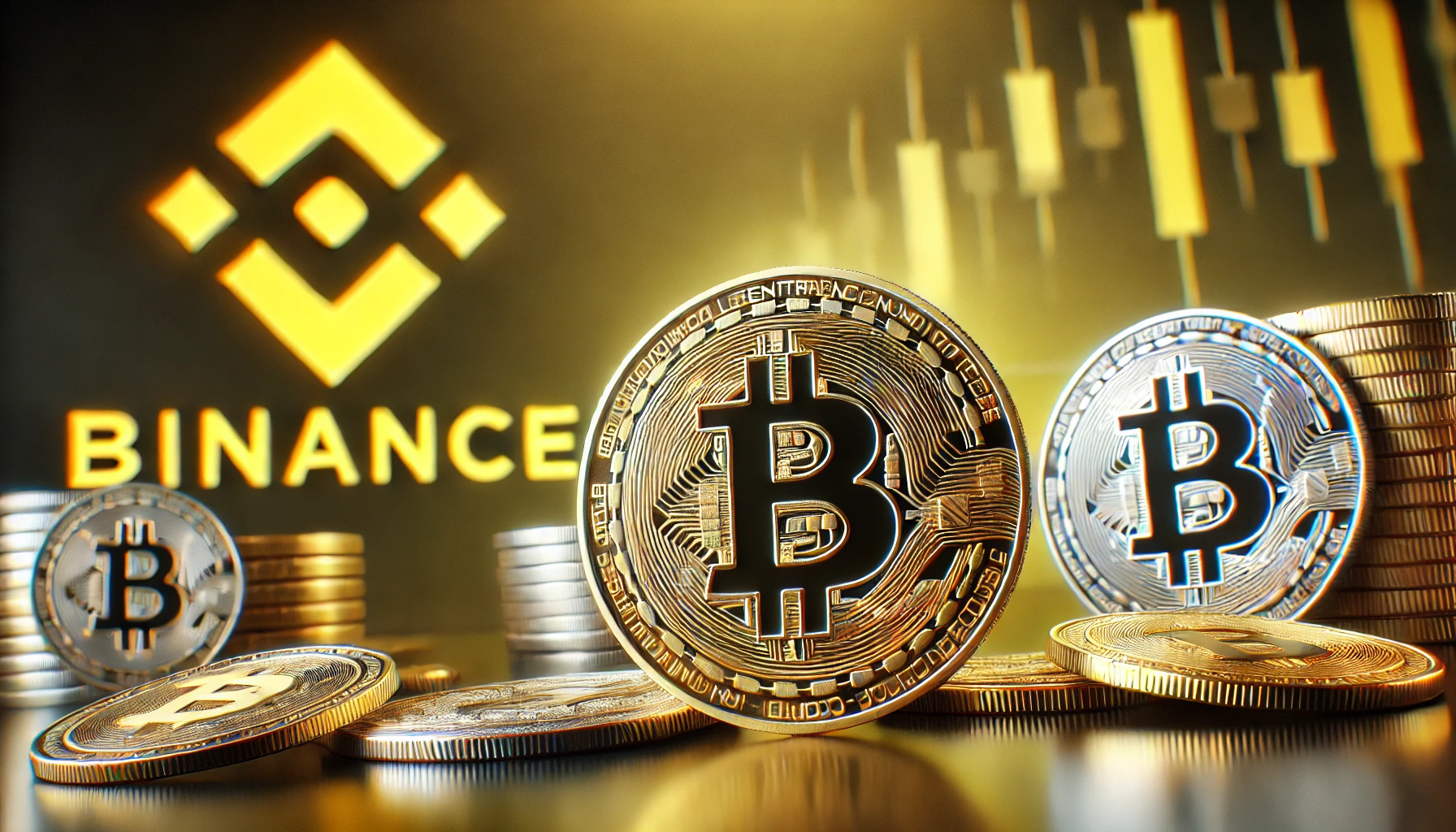The SEC’s case against Binance revisits third-party token allegations, with the judge reviewing her ruling on whether these tokens should be included.
Points
- Judge to review ruling on third-party tokens in Binance case.
- SEC alleges certain tokens are unregistered securities.
- Binance’s motion to dismiss argued these tokens do not meet Howey Test criteria.
- Upcoming deadline for proposed schedule on next steps.
Last week, a federal judge convened a hearing for the U.S. Securities and Exchange Commission’s (SEC) case against Binance, following her ruling on Binance’s motion to dismiss the SEC lawsuit. The judge indicated she would review her ruling regarding the status of third-party tokens, which the SEC alleges are unregistered securities.
During the July 9 hearing, attorneys for Binance argued that Judge Amy Berman Jackson’s June 28 ruling effectively moved third-party tokens—digital assets issued by various companies not named Binance—out of the case. The judge clarified that this
was not her intention, leading to a nearly hour-long discussion on whether she had adequately addressed both Binance and the SEC’s arguments concerning these tokens.
The SEC’s lawsuit, filed in June 2023, claims that Binance offered and sold BNB and its BUSD stablecoin as unregistered securities. It also alleges that Binance failed to register as a broker, clearing agency, or exchange, and that its staking service violated federal securities laws. As part of these allegations, the SEC listed ten cryptocurrencies—including Solana (SOL), Cardano (ADA), and Polygon (MATIC)—as examples of unregistered securities.
Binance’s motion to dismiss argued that these tokens did not meet the criteria of the Howey Test, which determines whether an asset qualifies as a security. Additionally, two of Binance’s arguments, related to the Major Questions Doctrine and the need for a formal contract, were previously rejected by the judge.
SEC attorney Matthew Scarlato countered that Binance’s arguments were addressed in the regulator’s opposition memo, which emphasized that the tokens were tied to a common enterprise where investors could reasonably expect profits.
The judge concluded that she would review both Binance’s motion to dismiss and the SEC’s opposition memo to clarify her stance on the third-party tokens. A July 29 deadline was set for the parties to jointly file a proposed schedule for the next steps, potentially addressing ongoing discovery efforts.
The judge also criticized bloggers for misinterpreting her opinion as a “grand ruling” on stablecoins or secondary crypto transactions. She emphasized that her ruling was narrowly focused on the specific case before her.
解説
- Third-Party Token Allegations: The SEC’s inclusion of third-party tokens in its case against Binance highlights the broader regulatory scrutiny facing the cryptocurrency industry. The judge’s review of her ruling will clarify the legal standing of these tokens and potentially set a precedent for future cases.
- Howey Test Application: The Howey Test is a critical legal standard used to determine whether an asset qualifies as a security. Binance’s defense hinges on proving that the tokens in question do not meet the Howey criteria, which could influence the outcome of the case.
- Regulatory Impact: The SEC’s case against Binance underscores the agency’s aggressive approach to enforcing securities laws within the crypto space. The outcome of this case could have far-reaching implications for other cryptocurrency exchanges and token issuers.
- Judicial Review: The judge’s decision to revisit her ruling demonstrates the complexities involved in applying existing securities laws to new financial technologies. This review process is essential for ensuring that legal interpretations are accurate and just.
